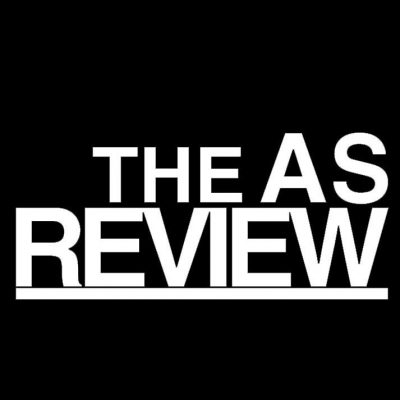By Hailey Murphy
Despite being relatively new to Western, NAMI (the National Alliance on Mental Illness) on campus is changing the lives of those affected by mental illness. By initiating conversations, setting up support groups and holding events, NAMI on campus hopes to break the stigma and improve the lives of those affected by mental illnesses.
“NAMI as an organization focuses on supporting individuals who live with mental illness and their families through advocacy, support groups, and classes,” said NAMI president Sarah Cederberg. “NAMI on campus at Western is our effort to get students involved with conversations about mental illness as a way to destigmatize it.”
According to Cederberg, NAMI has been on campus for about two and a half years now. Since then, they’ve been working with Western and the community as a whole to improve wellness. Whether it’s raising money to help end suicide or simply offering a destressor to students, NAMI opens up conversations on mental health that need to be had.
“I joined NAMI during my second quarter at Western, because I’d seen them at Info Fair…” said Cederberg. “Being able to talk with people who have those experience as well is really nice. Granted the club is for anyone, but I’ve met people who’ve had very similar situations to myself and it definitely makes it less intimidating to get help.”
On top of that, NAMI has begun a new support group on campus. It’s called Connection Recovery Support Group, and it’s exclusive to students and community members who have a mental illness. Unlike the counseling center, the group is open, so drop-ins are always welcome.
Connection Recovery Support group isn’t run by a counselor. Instead, it’s run by a student facilitator, making it a peer-led group. To become a certified facilitator, a student goes through a training program put on by NAMI.
“There were two training days. They were both eight or nine hours long,” said Alyssa Sisemore, student facilitator and psychology major. “We were in the room the whole time, for hours, going through the outline of the recovery program, what it’s for, what NAMI’s goal is.”
Through the program, facilitators learn how to lead a conversation and how to produce a safe environment for people to be heard.
“Something that they touched on a lot is, when you’re talking to somebody about mental health, you never say ‘you should do this, you should do that, you should’ve done this,’” said Sisemore. “It’s more about sharing experiences and having people share their experiences rather than telling people what to do.”
NAMI also is actively working to break down the stigmas around mental illness. On January 31, five panelists gathered in the VU to discuss mental illnesses and the stigmas associated with them.
“It’s an event focused on bringing up different perspectives around mental health, but obviously with only 5 panelists, it’s only a snapshot,” said Cederberg.
The panelists, along with Sisemore, were Robyn Gustafson, a Western alumni and counselor whose daughter has been diagnosed with Bbipolar disorder, Aaron Smith, a psychology professor at Western and a mental health counselor, Sarah Bond-Yacey, a board member of NAMI Whatcom County living with Ddissociative Iidentity disorder and Dvorah Carrasco, a local mental health therapist.
At the event, the panelists shared their unique stories while working to rid the negative associations around mental illness.
“[Dissociative Identity Disorder] saved my life over and over again,” said Bond-Yacey as they told their story.
Sisemore, during her story, presented a quote to the audience. This quote read: Stigma is shame, shame causes silence, and silence hurts all.
“My biggest goal right now is to not be silent because it hurts me and it hurts the people around me who don’t get to hear my story and don’t get to feel empowered through hearing me,” Sisemore said Sisemore. “Because if they’re empowered, thaen they’ll speak up as well. It’s really a chain reaction. [Breaking] the silence is going to break the stigma, and that’s what I’m trying to do.”

